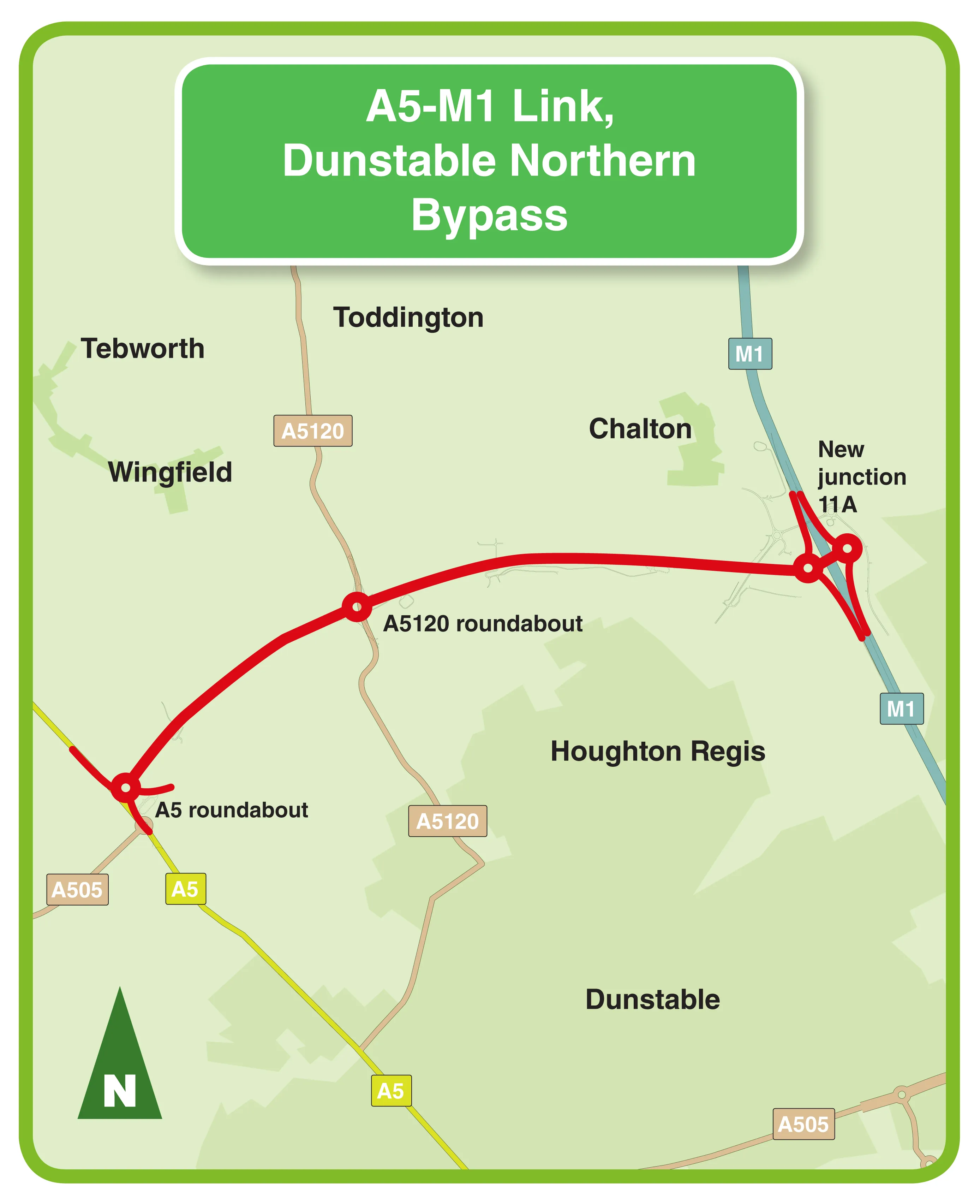Highways planning in England is at a historic turning point. That is the message that former transport minister Steve Norris will be bringing to the HighwaysUK conference at ExCel London, 25-26 November.
Norris speaks from a position of some experience having worked at the highest levels in both the public and private transport sectors. He is in no doubt that the recent shake up that has transformed the Highways Agency into Highways England is the start of a new era. He said, “It’s not just a badge chang
November 9, 2015
Read time: 3 mins
RSSHighways planning in England is at a historic turning point. That is the message that former transport minister Steve Norris will be bringing to the 8269 Highways UK conference at ExCel London, 25-26 November.
Norris speaks from a position of some experience having worked at the highest levels in both the public and private transport sectors. He is in no doubt that the recent shake up that has transformed the2309 Highways Agency into 8100 Highways England is the start of a new era. He said, “It’s not just a badge change, it’s a sea change. We’re not just going to see better investment, more money, but – crucially – guaranteed, consistent investment over time. Efficient long term infrastructure planning will become a reality, which, as I know from experience, was almost impossible under the traditional treasury arrangements. It will unlock huge amounts of creative energy. In other words: sanity at last.”
HighwaysUK, which Norris will be attending as speaker and panellist as well as serving as co-Chair of the advisory board, is an attempt to bring together key figures from right across the sector to start turning some of that creative energy into projects. It aims to represent every sector and every link in the supply chain, from central and local government to academia, manufacturers, visionaries and new tech pioneers. It is an ambitious project in its own right and one which has come to fruition.
He said, “The timing is almost too good to be true. There really could not be a better moment for a major new conference on roads because there are so many changes taking place and those changes are profound. This is an extraordinary, timely opportunity to get our voices heard and questions answered by ministers, top drawer experts and real decision makers.”
The list of profound changes he refers to is dizzying, ranging from driverless cars and other autonomous vehicles to questioning what we mean by a highways network in the first place, perhaps even redefining our whole relationship with roads.
And sometimes the solution to one challenge just brings another in its wake. Massive advances in fuel efficiency together with a new generation of ‘serious’ electric vehicles for example, could mean that dangerous emissions from motor vehicles are about to, as Norris puts it, ‘fall off a cliff’. Good news, of course, but they will also drag fuel duties off the cliff with them leading to an uncomfortable prospect for UK tax revenue.
But Norris remains optimistic, “We have the expertise, the ideas, the energy. What we lacked was the governmental commitment to road infrastructure and the clear investment plan that we are now seeing put into place. When we bring all of that together, we can make something that will benefit user of our cities, towns and roads for decades to come.”
Norris speaks from a position of some experience having worked at the highest levels in both the public and private transport sectors. He is in no doubt that the recent shake up that has transformed the
HighwaysUK, which Norris will be attending as speaker and panellist as well as serving as co-Chair of the advisory board, is an attempt to bring together key figures from right across the sector to start turning some of that creative energy into projects. It aims to represent every sector and every link in the supply chain, from central and local government to academia, manufacturers, visionaries and new tech pioneers. It is an ambitious project in its own right and one which has come to fruition.
He said, “The timing is almost too good to be true. There really could not be a better moment for a major new conference on roads because there are so many changes taking place and those changes are profound. This is an extraordinary, timely opportunity to get our voices heard and questions answered by ministers, top drawer experts and real decision makers.”
The list of profound changes he refers to is dizzying, ranging from driverless cars and other autonomous vehicles to questioning what we mean by a highways network in the first place, perhaps even redefining our whole relationship with roads.
And sometimes the solution to one challenge just brings another in its wake. Massive advances in fuel efficiency together with a new generation of ‘serious’ electric vehicles for example, could mean that dangerous emissions from motor vehicles are about to, as Norris puts it, ‘fall off a cliff’. Good news, of course, but they will also drag fuel duties off the cliff with them leading to an uncomfortable prospect for UK tax revenue.
But Norris remains optimistic, “We have the expertise, the ideas, the energy. What we lacked was the governmental commitment to road infrastructure and the clear investment plan that we are now seeing put into place. When we bring all of that together, we can make something that will benefit user of our cities, towns and roads for decades to come.”









